Home>Garden Essentials>How Long For Seed To Germinate
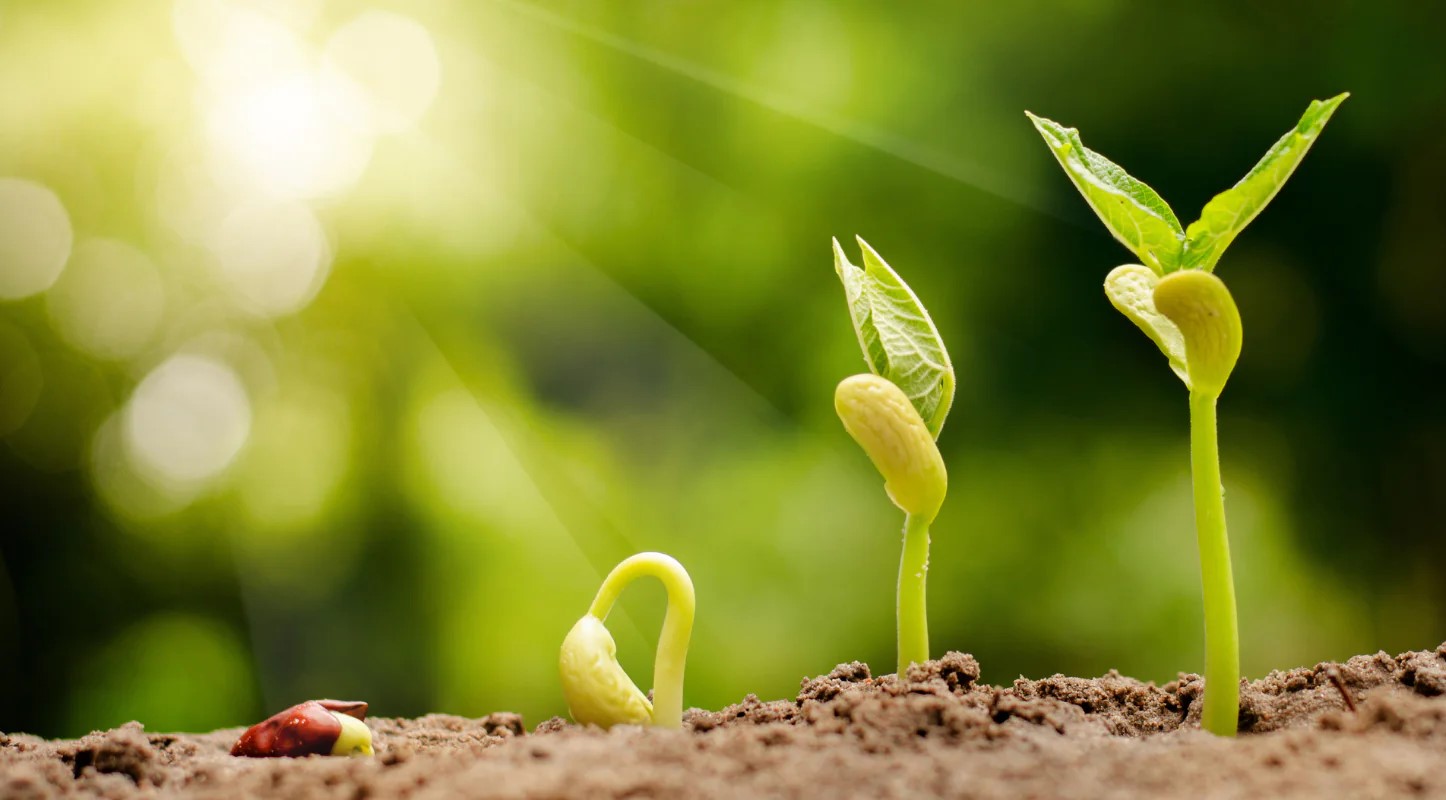

Garden Essentials
How Long For Seed To Germinate
Modified: April 22, 2024
Learn how long it takes for garden seeds to germinate and start growing. Discover the best practices to ensure successful germination for your garden.
(Many of the links in this article redirect to a specific reviewed product. Your purchase of these products through affiliate links helps to generate commission for Storables.com, at no extra cost. Learn more)
Introduction
Welcome to the fascinating world of seed germination! Whether you are an experienced gardener or just starting out, understanding how long it takes for a seed to germinate is crucial for successful gardening. In this article, we will explore the factors that affect seed germination and discuss typical germination times for common seeds. We will also provide you with some valuable tips for speeding up the germination process and highlight common mistakes to avoid.
Seed germination is the process by which a seed transforms from a dormant state into a new plant. It is a complex and delicate process that depends on various factors, including moisture, temperature, light, soil quality, and the specific needs of different plant species. By understanding these factors, you can create the ideal conditions for seeds to germinate, ensuring a higher success rate in your gardening endeavors.
Every seed has its own unique germination time, which refers to the number of days it takes for the seed to sprout and begin growing. It is important to note that germination times can vary significantly depending on the plant species, cultivar, and environmental conditions. Some seeds may germinate within a few days, while others may take several weeks or even months.
Now, let’s delve into the factors that influence seed germination.
Key Takeaways:
- Understanding the factors that affect seed germination, like moisture, temperature, and soil quality, can help you create the perfect conditions for your plants to sprout and grow.
- By following simple tips like pre-soaking seeds and avoiding common mistakes such as overwatering and planting seeds too deep, you can speed up the germination process and ensure successful gardening.
Read more: How Long For Oregano To Germinate
Factors Affecting Seed Germination
Several factors play a significant role in seed germination. Understanding these factors will help you create the optimal conditions for successful germination. Here are the key factors to consider:
- Moisture: Adequate moisture is essential for seed germination. When a seed absorbs water, it triggers metabolic processes that lead to germination. However, different seeds have varying moisture requirements. Some seeds need consistent moisture, while others prefer periods of moisture followed by dry spells to initiate germination.
- Temperature: Temperature greatly influences the rate and success of seed germination. Most seeds require specific temperature ranges to germinate. For example, warm-season crops like tomatoes and peppers prefer higher temperatures, while cool-season crops like lettuce and spinach thrive in cooler temperatures. It’s important to check the ideal germination temperature for the specific seeds you are planting.
- Light: While some seeds require light to germinate, others prefer darkness. Light-sensitive seeds typically need to be planted close to the soil surface, where they can receive sufficient light to initiate germination. On the other hand, light-independent seeds can be planted deeper in the soil. It’s important to read the germination instructions provided with the seeds to determine whether they require light or darkness.
- Soil Quality: The quality and composition of the soil directly impact seed germination. Well-draining soil that retains moisture but doesn’t become waterlogged is ideal. Additionally, the soil should be rich in organic matter and nutrients to support healthy seedling growth. Before planting, prepare the soil by removing weeds, loosening it with a garden fork, and incorporating organic matter if needed.
- Seed Viability: The viability of the seed, which refers to its ability to germinate and grow, also affects germination time. Fresh seeds tend to have higher viability rates and germinate more quickly than older seeds. However, even older seeds can germinate if stored properly. It’s a good practice to check the viability of older seeds by conducting a germination test before planting them.
By understanding and addressing these factors, you can create the optimal conditions for seed germination and increase the chances of successful sprouting of your desired plants. Now, let’s explore the typical germination times for some commonly planted seeds.
Typical Germination Times for Common Seeds
Each seed has its own unique germination time, which can vary depending on the plant species, cultivar, and growing conditions. It’s important to have realistic expectations and patience when waiting for your seeds to sprout. Here are the typical germination times for some commonly planted seeds:
- Lettuce: Lettuce seeds typically germinate within 7 to 14 days. They prefer cooler temperatures between 60°F to 70°F (15°C to 21°C) for optimal germination.
- Tomatoes: Tomato seeds can take anywhere from 5 to 10 days to germinate. They require warmer temperatures around 70°F to 80°F (21°C to 27°C) for successful sprouting.
- Carrots: Carrot seeds have a longer germination period of approximately 14 to 21 days. They prefer slightly cooler temperatures between 60°F to 70°F (15°C to 21°C) for germination.
- Zucchini: Zucchini seeds typically germinate within 7 to 10 days. They thrive in warm temperatures around 75°F to 85°F (24°C to 29°C).
- Beans: Bean seeds germinate relatively quickly, usually within 7 to 10 days, with optimal temperatures between 70°F to 80°F (21°C to 27°C).
- Cucumbers: Cucumber seeds take around 7 to 10 days to germinate. They prefer warm temperatures around 70°F to 90°F (21°C to 32°C) for successful sprouting.
- Radishes: Radish seeds are known for their quick germination, usually within 3 to 7 days. They prefer cooler temperatures between 50°F to 70°F (10°C to 21°C).
- Sunflowers: Sunflower seeds typically germinate within 7 to 14 days, with warmer temperatures around 70°F to 80°F (21°C to 27°C) being ideal for growth.
Remember, these are just general guidelines, and the actual germination time can vary depending on various factors. Be sure to check the specific germination requirements provided on the seed packet or refer to reliable gardening resources for more accurate information.
Now that we have an idea of the typical germination times, let’s move on to some tips for speeding up seed germination.
Keep the soil consistently moist but not waterlogged, and provide warmth and light. Most seeds will germinate within 1-2 weeks, but some may take longer. Be patient and continue to provide the right conditions for germination.
Tips for Speeding up Seed Germination
If you’re eager to see your seeds sprout and start growing, there are a few tried-and-true tips you can follow to speed up the germination process. Here are some helpful techniques:
- Pre-soak seeds: Pre-soaking certain seeds, like beans or peas, before planting can help soften the seed coat and promote faster germination. Simply place the seeds in a bowl of warm water for a few hours or overnight, then plant them as usual.
- Use warm water: When watering your seeds, use warm water instead of cold water. Warm water can provide a gentle boost to the seeds, encouraging germination. Avoid using hot water, as it can damage the seeds.
- Provide bottom heat: Some seeds, like peppers or eggplants, benefit from bottom heat to stimulate germination. You can use a seedling heat mat or place the seed trays on top of a warm surface, such as a refrigerator or radiator, to provide gentle warmth.
- Use a germination chamber: Creating a mini greenhouse-like environment can accelerate germination. Place your seeded trays in a covered container or use a germination dome to trap heat and moisture, creating ideal conditions for sprouting.
- Improve soil moisture: Moisture is essential for germination, so make sure the soil is consistently moist but not waterlogged. Consider using a misting bottle to keep the soil surface moist without disturbing the seeds.
- Optimize lighting: If seeds require light to germinate, make sure they receive adequate light by placing them near a south-facing window or using grow lights. Providing the right amount of light can help seeds sprout faster.
- Thin seedlings: If overcrowding occurs, it can hinder germination. Once the seedlings have emerged, thin them out to provide sufficient space for each plant to grow properly. This ensures that each seedling receives the necessary nutrients and sunlight for optimal germination.
- Protect from extreme temperatures: Extreme temperatures can delay or hinder germination. Be mindful of frost or excessive heat and take measures to protect your seeds from these extremes. Consider using protective coverings, like row covers or shade cloths, when necessary.
Implementing these tips can help expedite the germination process and give your plants a head start. However, it’s important to note that some seeds have natural germination times that cannot be significantly shortened. Patience is key when waiting for seeds to sprout.
Now that you know how to speed up germination, let’s explore some common mistakes that can delay the process and how to avoid them.
Common Mistakes that Delay Seed Germination
Seed germination can be a delicate process, and certain mistakes can inadvertently hinder or delay the sprouting of your seeds. By avoiding these common pitfalls, you can ensure smoother and faster germination. Let’s explore some of the most common mistakes:
- Overwatering: While moisture is essential for germination, overwatering can drown the seeds and lead to rot. It’s important to maintain consistently moist soil without waterlogging it. Use well-draining soil and water the seeds gently to prevent excessive saturation.
- Underwatering: On the other hand, underwatering can also hinder germination. Seeds require sufficient moisture to break dormancy and initiate sprouting. Be mindful of drying out the soil completely, especially in dry or hot weather conditions.
- Planting seeds too deep: Some seeds, especially small ones, require light to germinate. Planting them too deep in the soil can prevent them from receiving the necessary light for sprouting. Always follow the recommended planting depth provided on the seed packet.
- Incorrect temperature: Each seed has specific temperature requirements for optimal germination. Planting seeds in temperatures outside their preferred range can slow down or impede germination. Make sure to check the ideal germination temperature for the specific seeds you are planting.
- Using old or poor-quality seeds: The viability of seeds decreases over time, so using old or poor-quality seeds can result in low or no germination. Always check the expiration date on seed packets and ensure that you are using reliable and viable seeds for the best germination results.
- Skipping the seed stratification process: Some seeds, especially those from perennial plants or native species, require a period of cold stratification to break dormancy. By skipping this process, the seeds may struggle to germinate. Follow the recommended stratification techniques for the specific seeds you are planting.
- Insufficient light: Seeds that require light for germination must be located close to the soil surface to receive the necessary light. Planting them too deep or providing inadequate lighting can impede their germination. Ensure that light-dependent seeds are planted at the appropriate depth and receive sufficient light.
- Failing to keep a consistent temperature: Fluctuating temperatures can disrupt the germination process and lead to inconsistent results. It’s important to maintain a stable temperature, particularly within the preferred range for each plant’s germination requirements.
Avoiding these common mistakes will greatly improve the chances of successful and timely seed germination. By providing the right conditions and avoiding unnecessary setbacks, you can enjoy bountiful and thriving plants in your garden.
Now that we’ve covered these common mistakes, let’s summarize what we’ve learned about seed germination.
Read more: How Long To Germinate Hydroseeding
Conclusion
Understanding the process of seed germination is essential for successful gardening. By considering the factors that affect germination, knowing the typical germination times for different seeds, and implementing strategies to speed up the process, you can increase the chances of successful sprouting and give your plants a healthy start. It’s important to provide optimal conditions such as proper moisture, temperature, light, and soil quality to support seed germination.
Remember that each seed has its own unique germination requirements, and patience is key when waiting for seeds to sprout. It’s important to avoid common mistakes that can hinder germination, such as overwatering, underwatering, incorrect temperature, using old seeds, and failing to provide appropriate light or stratification for certain plants.
As you embark on your gardening journey, be mindful of the specific needs of different plant species and cultivars. Read the instructions provided on the seed packets and consult reliable gardening resources to ensure you are providing the best conditions for germination. Remember that nature has its own timeline, and some seeds may take longer to germinate than others.
Enjoy the enchanting process of seed germination and the satisfaction of seeing your seeds transform into thriving plants. Happy gardening!
Frequently Asked Questions about How Long For Seed To Germinate
Was this page helpful?
At Storables.com, we guarantee accurate and reliable information. Our content, validated by Expert Board Contributors, is crafted following stringent Editorial Policies. We're committed to providing you with well-researched, expert-backed insights for all your informational needs.
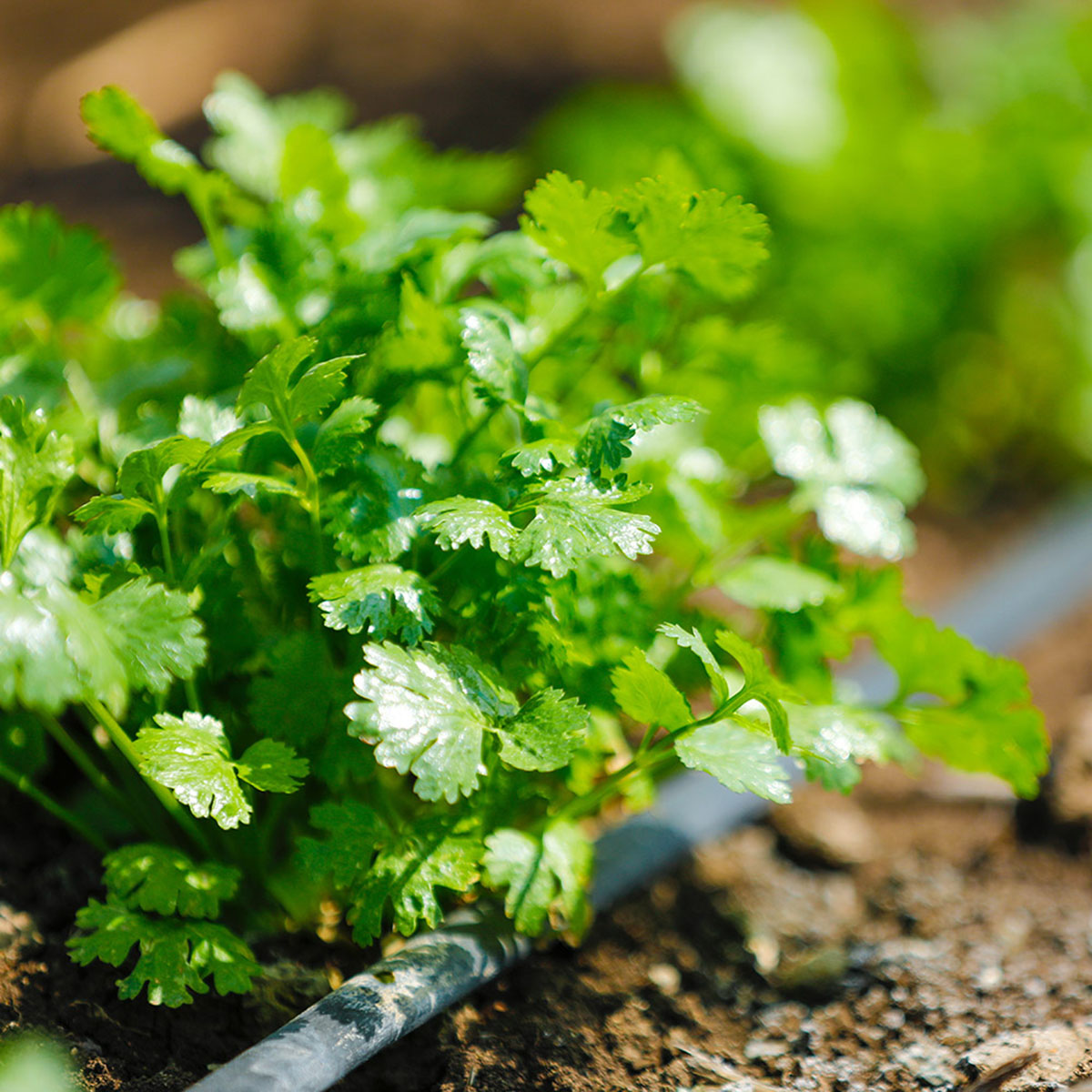
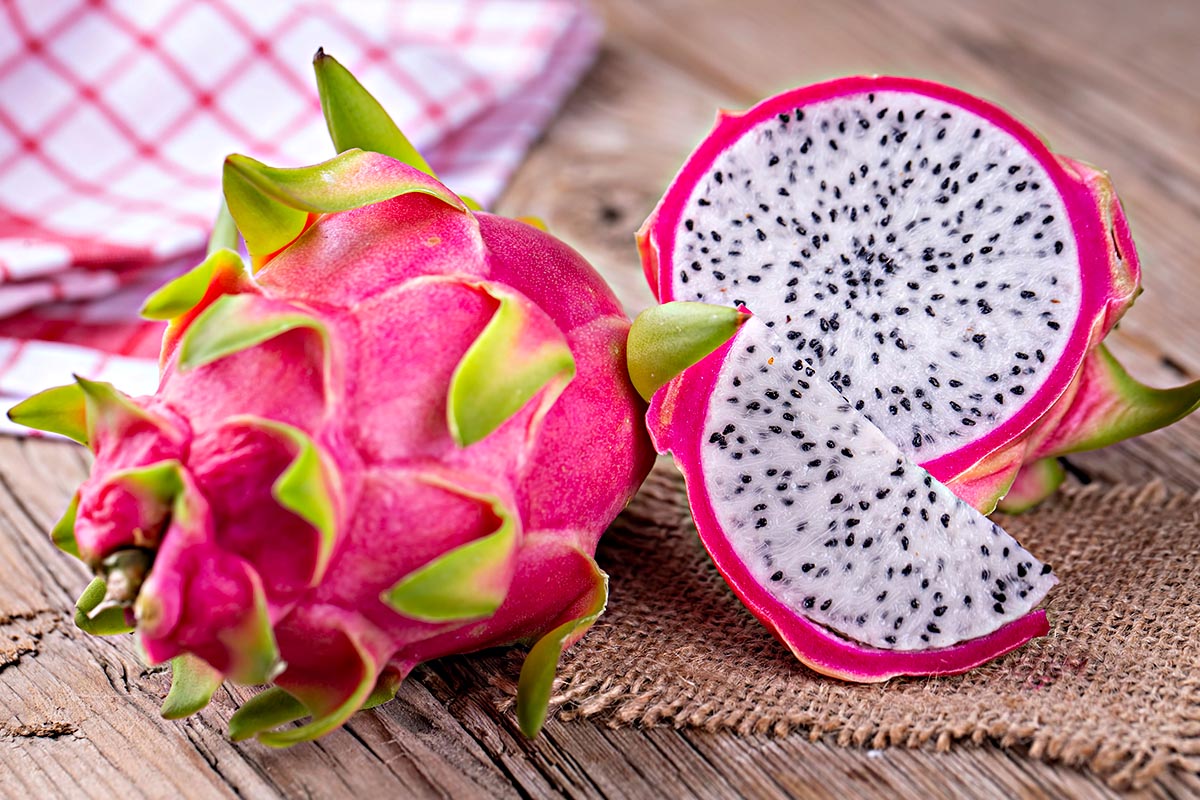
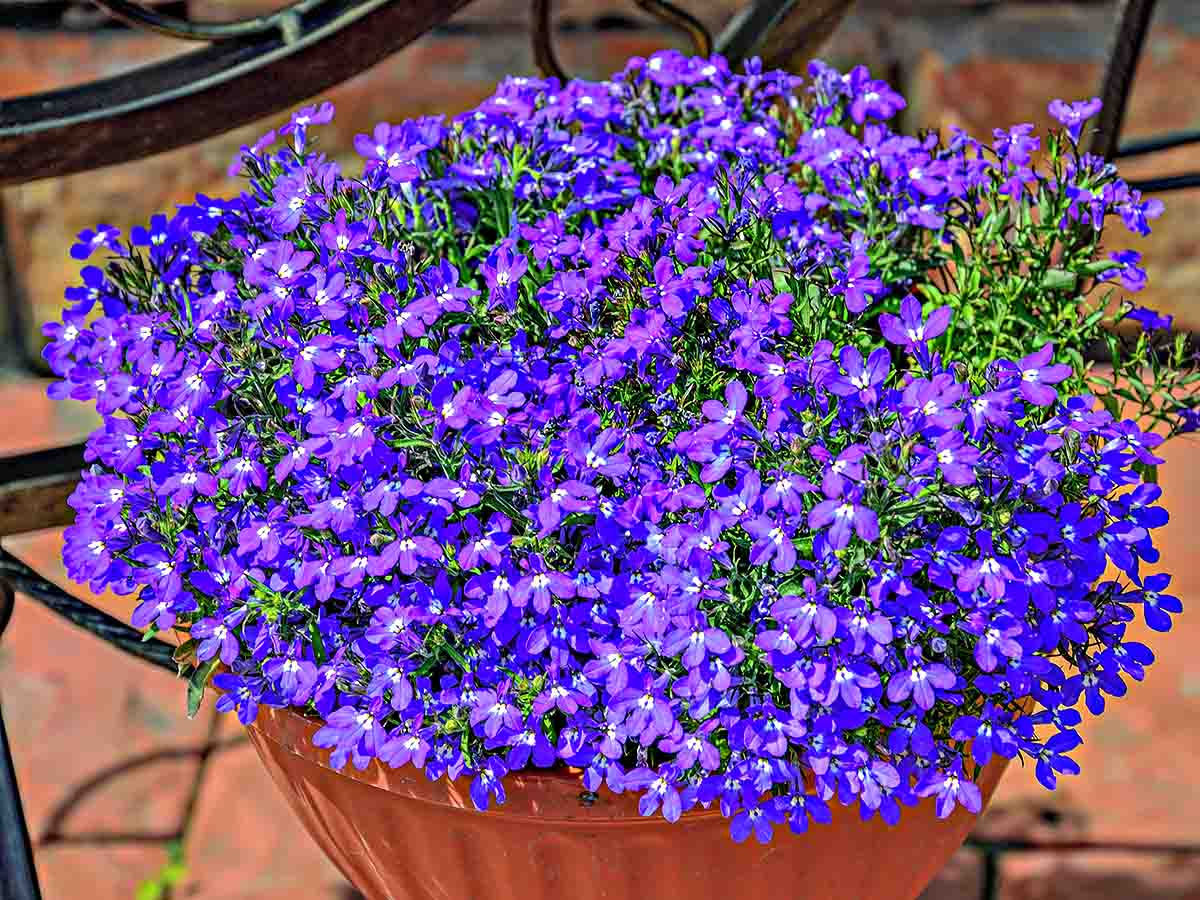
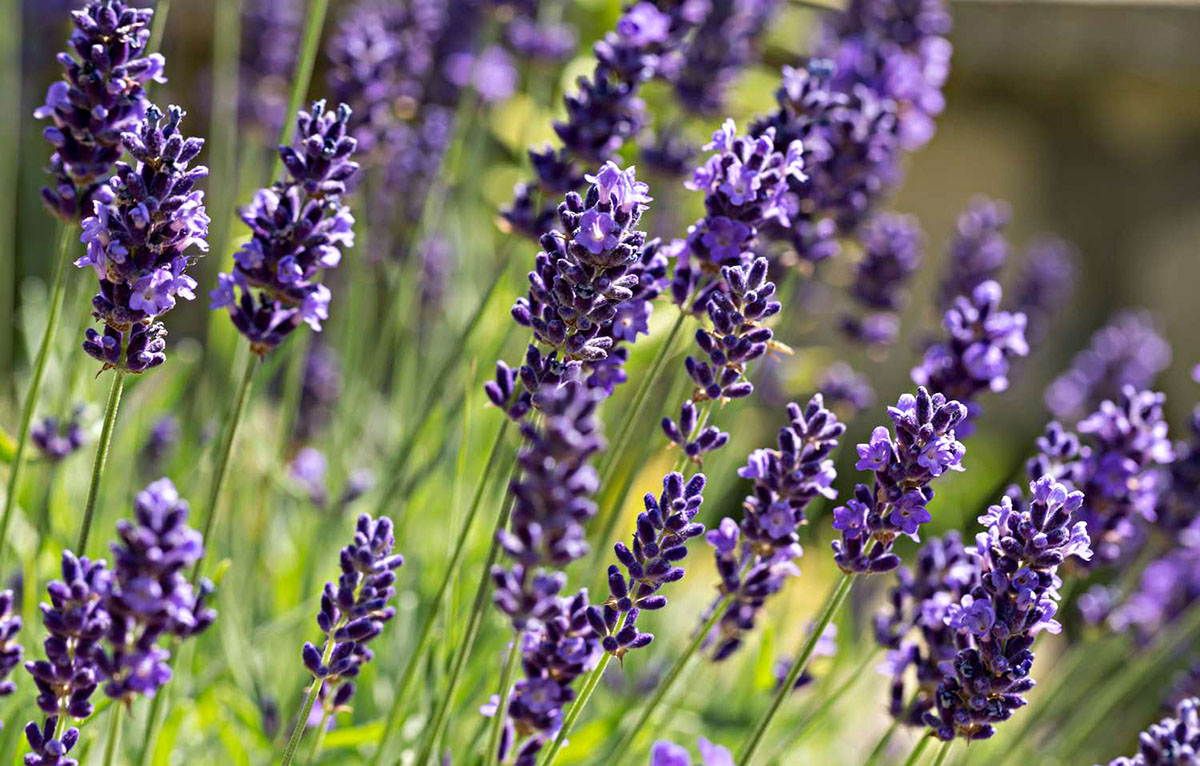
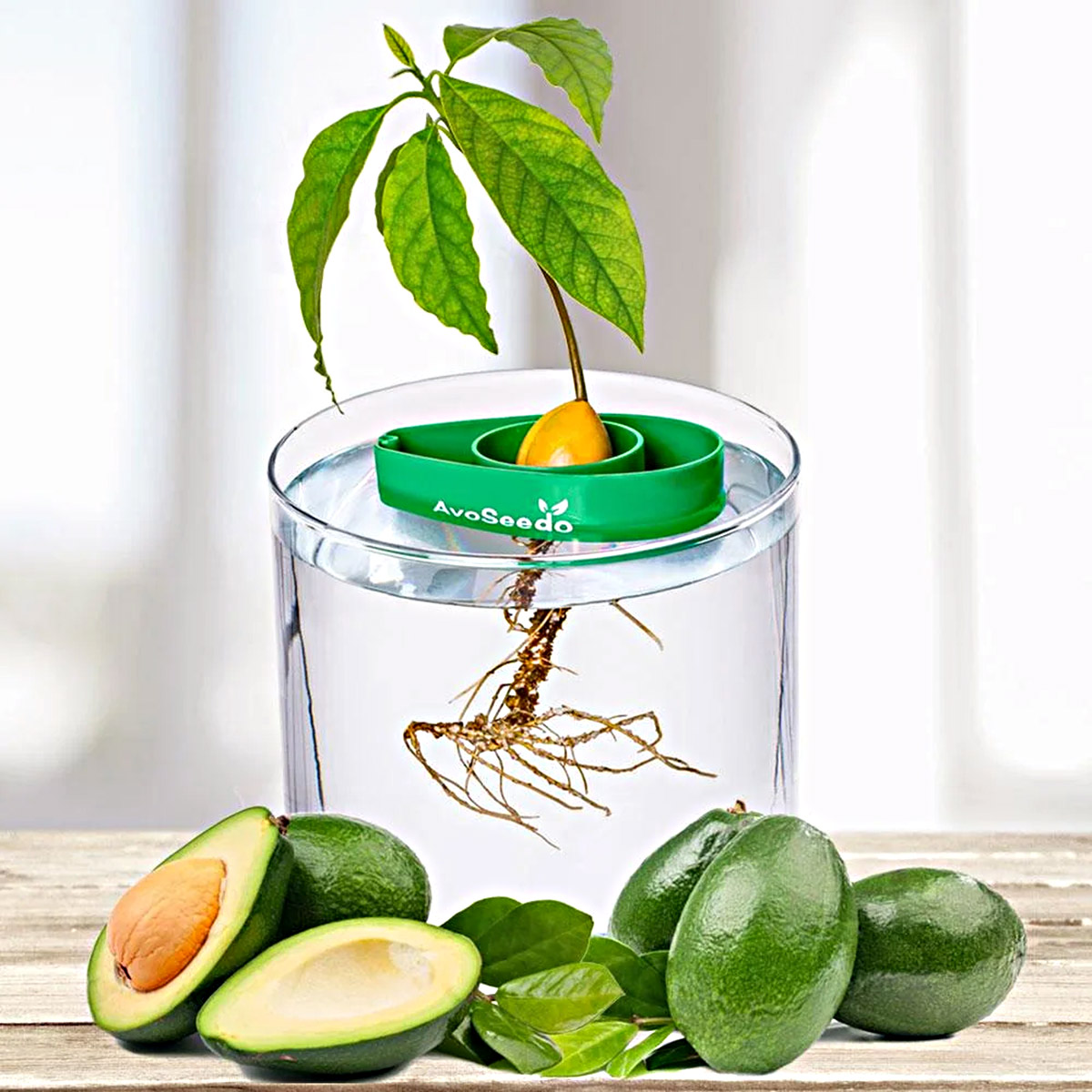
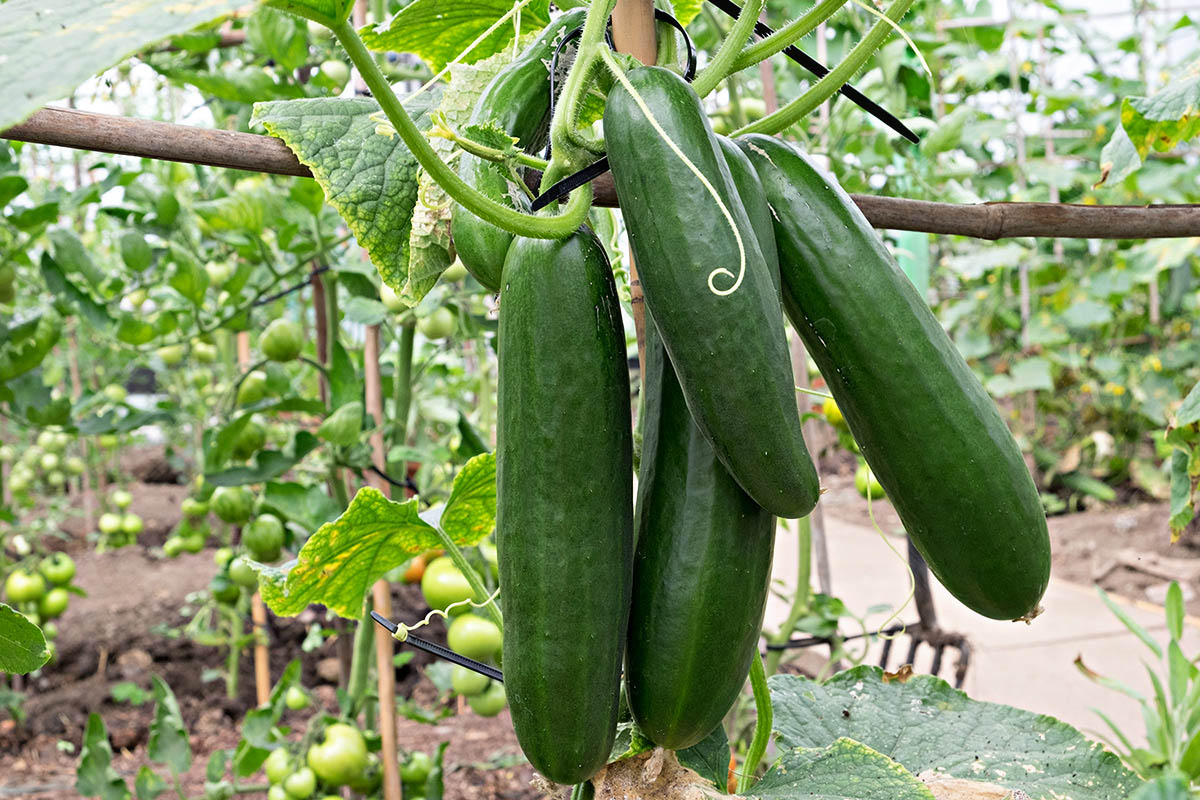
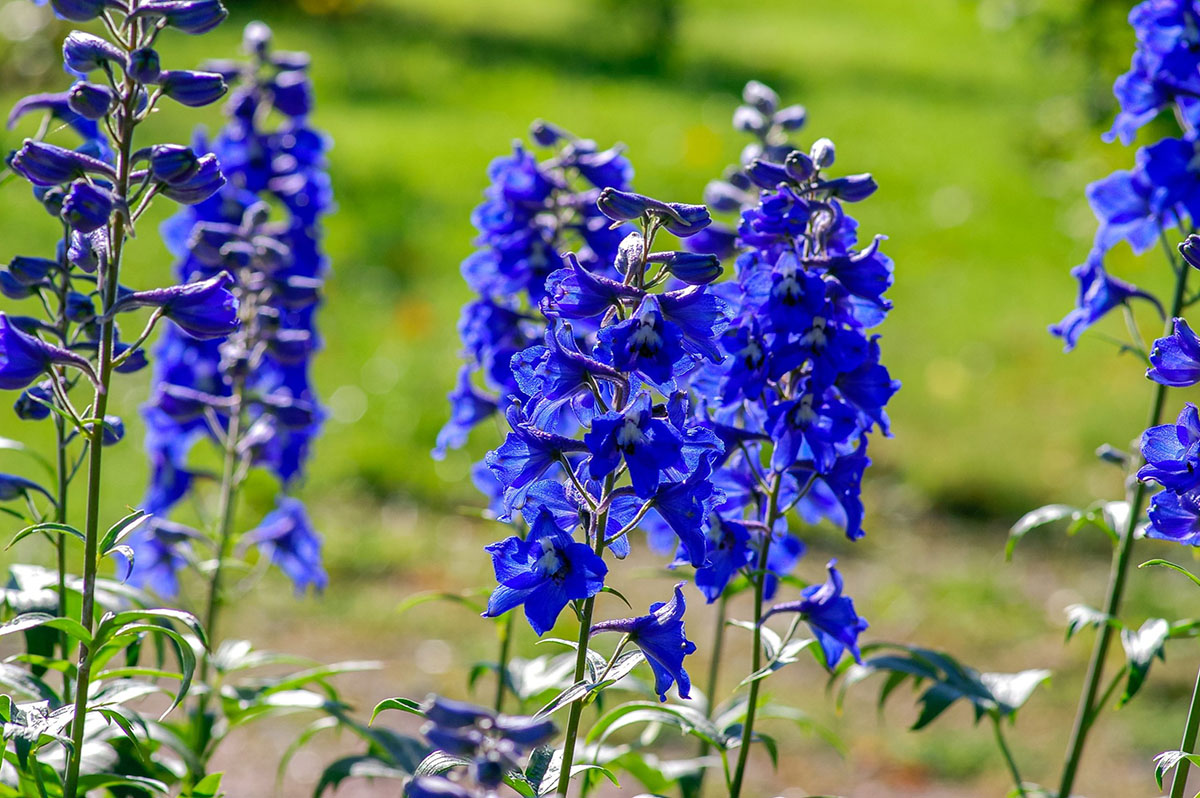
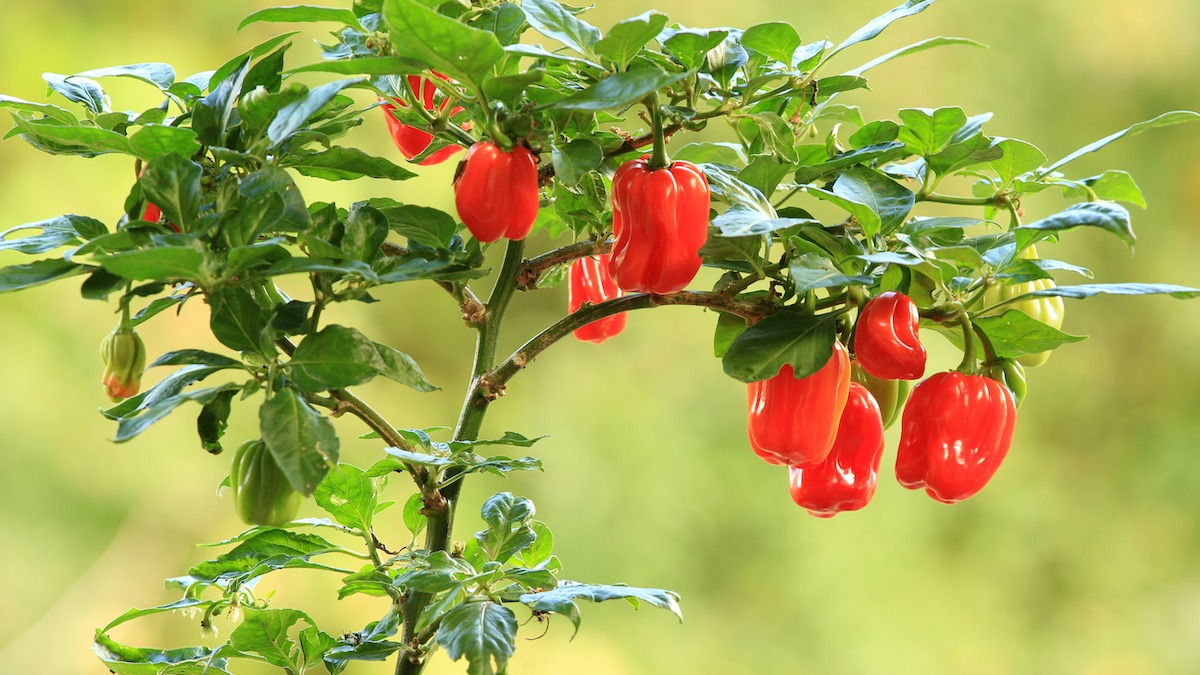
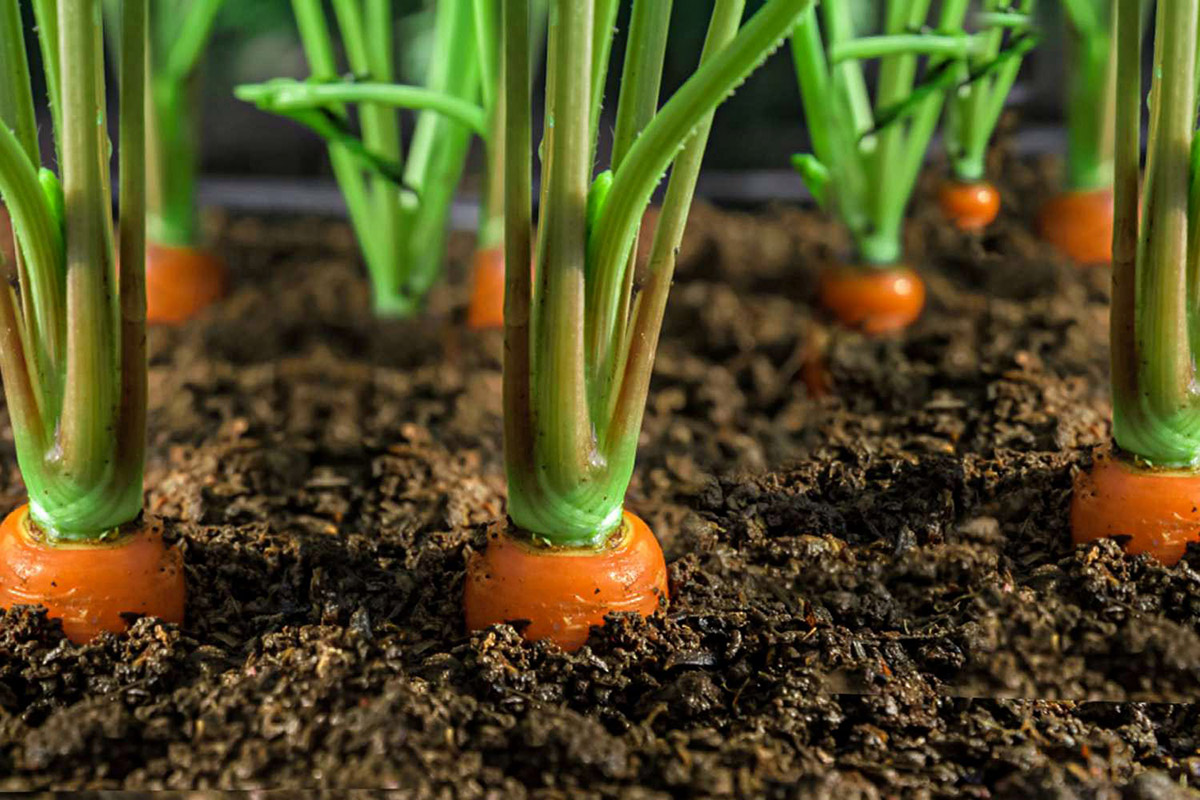
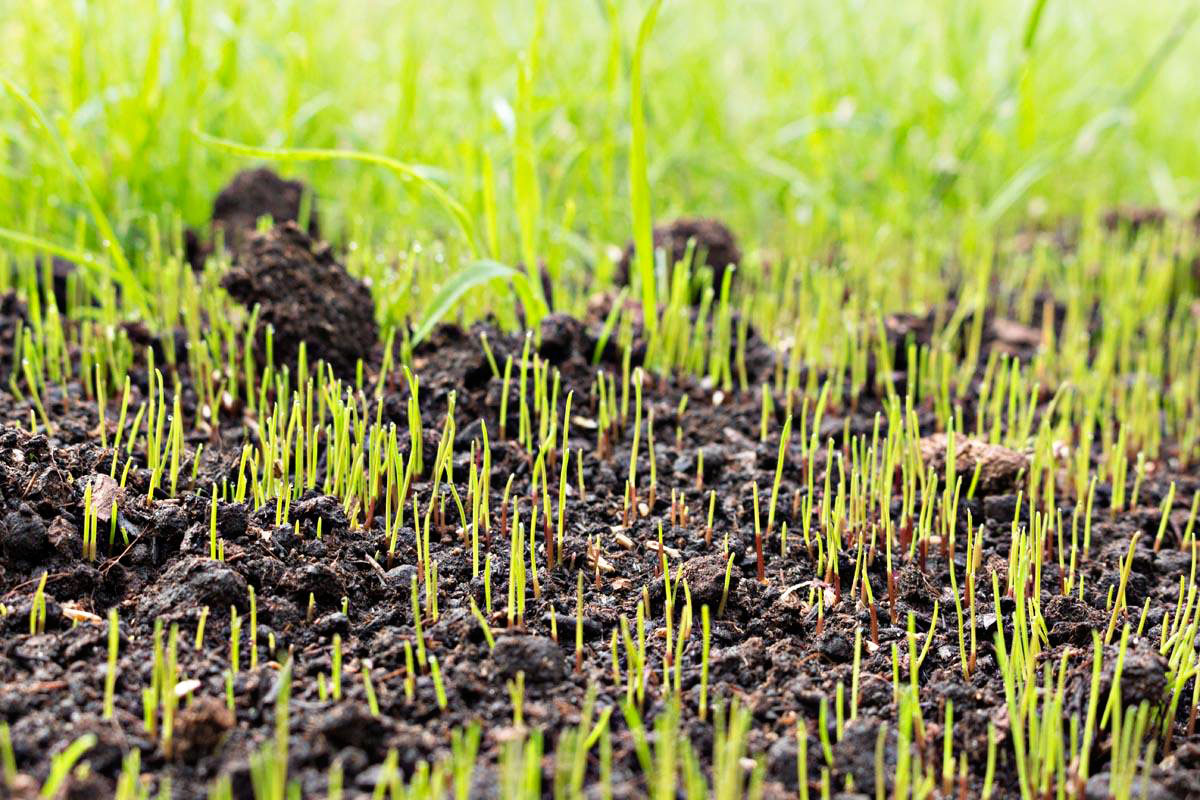
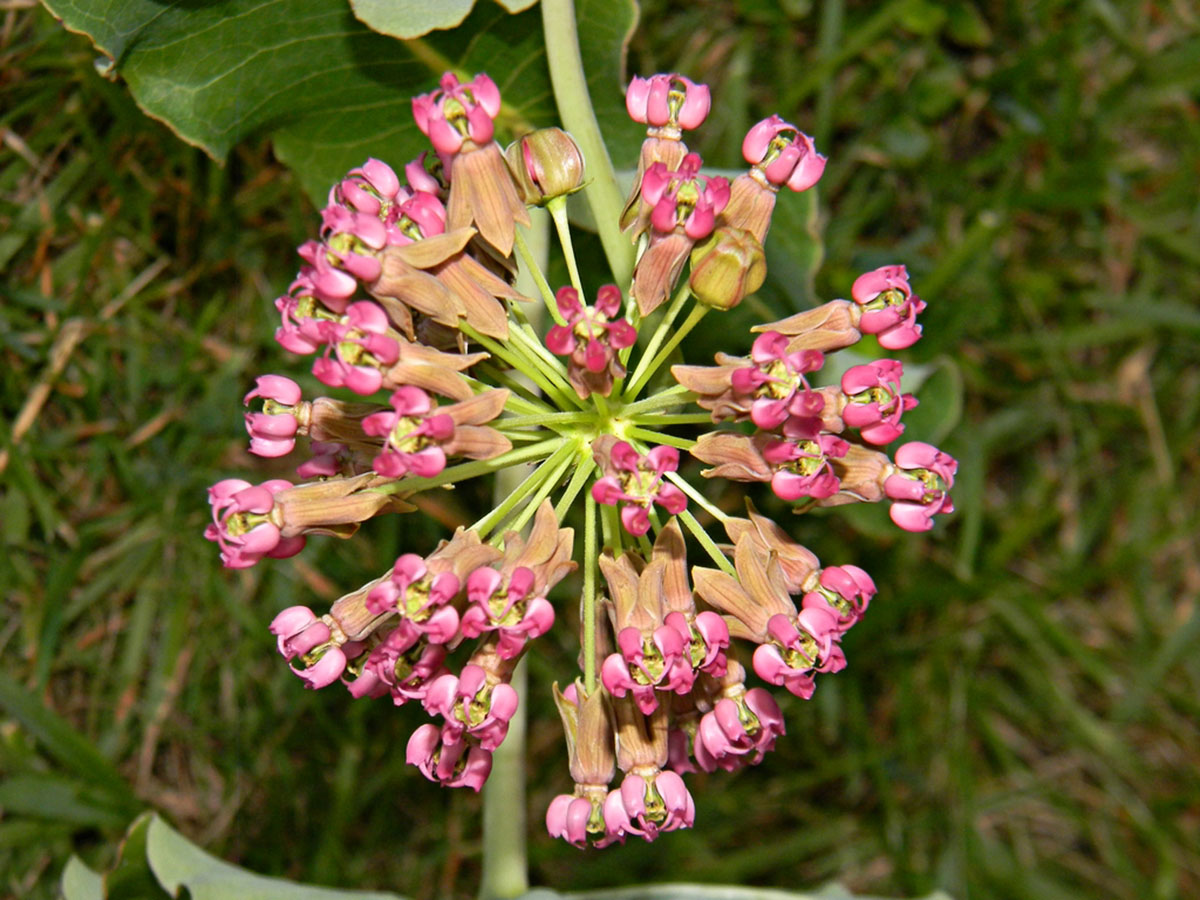
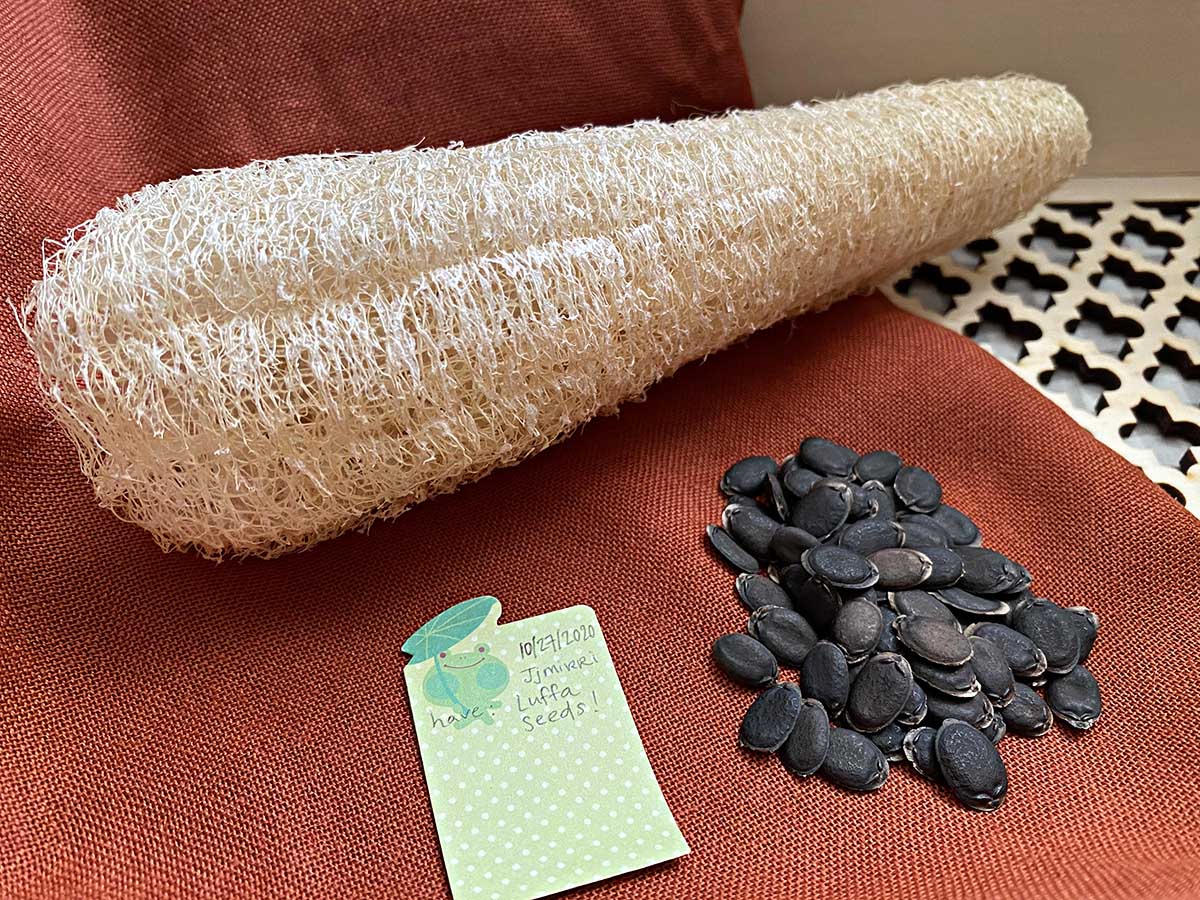
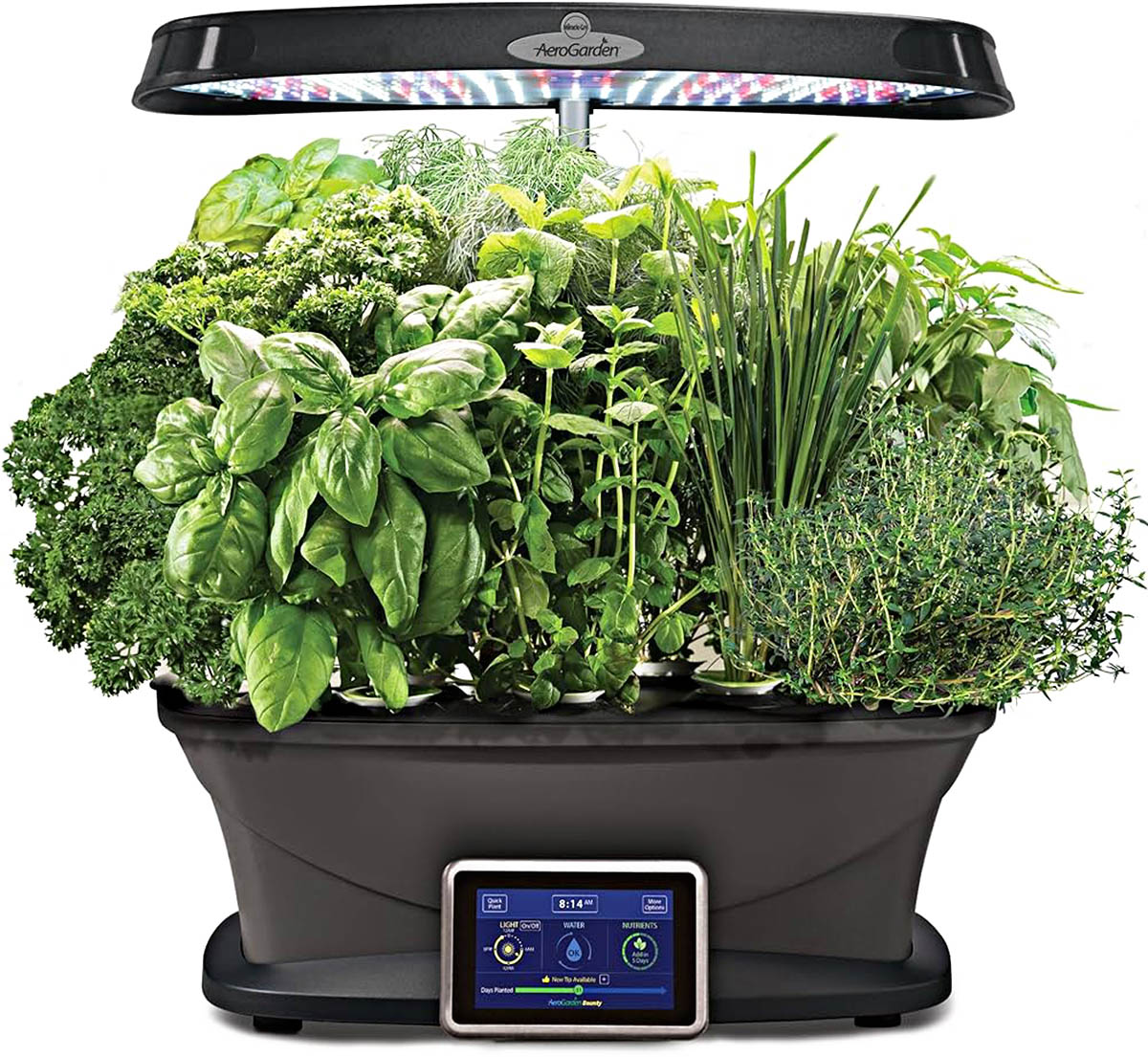
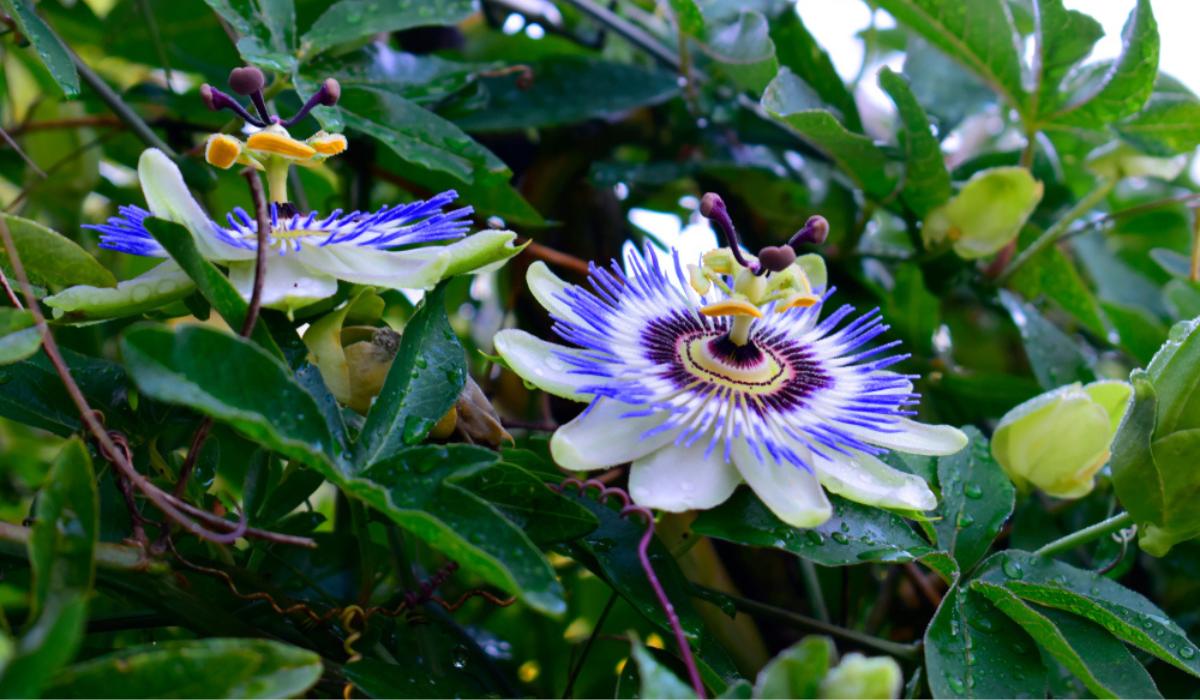

0 thoughts on “How Long For Seed To Germinate”